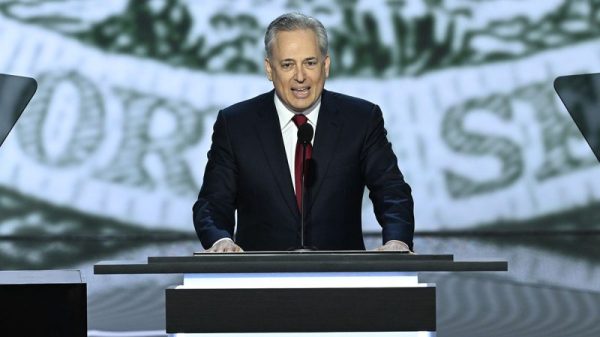The consumer price index, the most-watched inflation measurement put out by the U.S. government, declined slightly to 3.4% on a 12-month basis in April as price growth in the economy remained elevated.
Compared with March, prices climbed 0.3%, with rent and gasoline contributing 70% of the monthly increase, according to the Bureau of Labor Statistics. That was down from the 0.4% increase seen from February to March.
Stocks responded positively to the news, with the S&P 500 hitting an all-time high and the Dow Jones and NASDAQ indexes also moving upward.
Indeed, some silver linings exist within the data that signal consumers are experiencing some relief in certain categories.
The latest data ‘means the disinflationary process is back on track,’ Adam Crisafulli, a market analyst and head of Vital Knowledge Media, said in a note to clients following Wednesday morning’s report. ‘Meanwhile, rent is still running quite hot, which means non-rent prices are easing even more than it seems on the headline.”
Among the broadest categories tracked by the consumer price index, two of the ones most acutely felt by consumers — food and energy prices — hit 2.2% and 2.6% on a 12-month basis in March, respectively.
That’s essentially in line with the Federal Reserve’s 2% goal.
Within those categories, food at home — essentially, groceries — climbed just 1.1%, while gasoline prices climbed 1.2%.
On a monthly basis, food-at-home prices declined 0.2%, and overall food-price growth was flat.
‘Food is a notable bright spot,’ Neil Dutta, head of economic research at Renaissance Macro Research, said in an interview ahead of Wednesday’s report.
In spite of those positive trends, progress in reducing overall costs has stalled. Economists generally agree it’s mostly because the cost of rent has remained elevated, though there remains disagreement about how soon slowing rent growth will start to appear in the index.
Even as the Fed and other economists have preached patience, the upshot has been an index that has remained stuck from 3% to 4%, above the Fed’s 2% target, for more than a year.


































